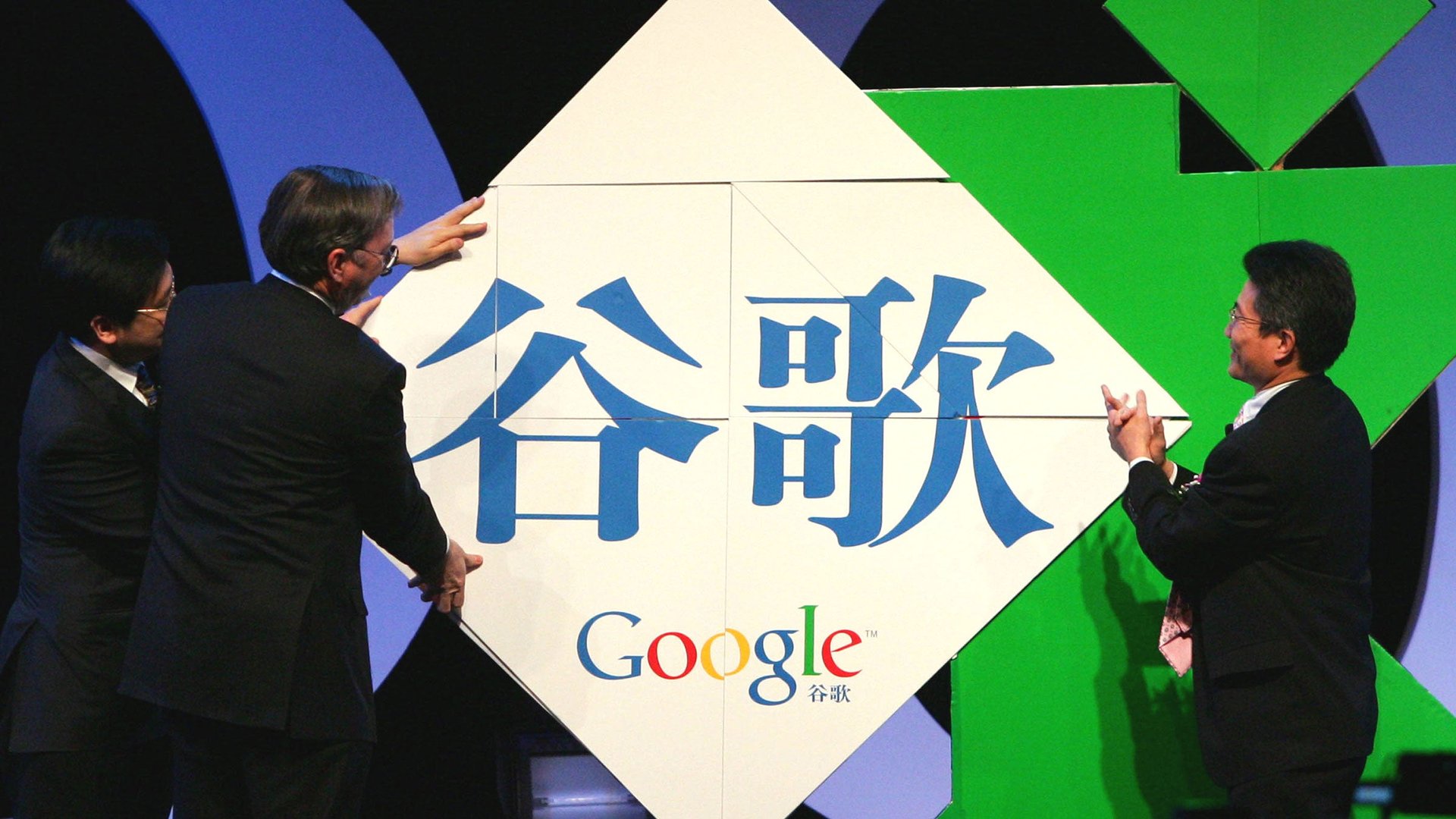Google blocked in China, amid leadership transition
Update: The Wall Street Journal reports that Google has now confirmed the blockage.


Update: The Wall Street Journal reports that Google has now confirmed the blockage.
Web censorship sites are reporting that Google is now blocked in parts of China, just as the delicate leadership transition gets underway at the 18th Communist Party Congress.
Google blocked in China – our blog post out now. What happened, the effects and what you can do en.greatfire.org/blog/2012/nov/…
— GreatFire.org (@GreatFireChina) November 9, 2012
liberationtech] China just blocked Google.com bit.ly/ZdhCHn #edem
— Steven Clift (@democracy) November 9, 2012
Google and Gmail full-on blocked in China right now. Need to use VPN to access. Temporary? The new normal?
— Gady Epstein (@gadyepstein) November 9, 2012
It’s unclear how extensive the outages are in the People’s Republic. But they come as China has been especially touchy around the handover of power at its official party Congress. An investigative report in the New York Times laying out the fortune amassed by Chinese Premier Wen Jiabao’s family was quickly followed by the blockage of New York Times’ Chinese language web properties. IHS Global Insight analysts report that both the New York Times and Bloomberg remain blocked in the country.
Bloomberg recently offered a full-throated defense of web freedom, and calling on the next generation of leaders, including the next president Xi Jinping to embrace reform in an editorial entitled, “Mr. Xi, Tear Down This Firewall!“
The most recent decision to block elements of Google could re-inflame the long-simmering feud between the Mountain View, Calif., search engine giant and the political leadership of the People’s Republic. Disputes broke out into the open in 2010, when Google abruptly stopped self-censoring Chinese sites after an email breach was blamed on hackers launching attacks from within China that exposed the email accounts of human rights activists. The company closed its mainland search engine in 2010, saying it didn’t want to comply with censorship regulations from Beijing. Its Chinese search operations are now based in Hong Kong.
But for what it’s worth, the impulse towards suppression of web content extends beyond China. From Chicago, Google engineers have tallied surge in wide-ranging requests from governments in recent years:
Last year Google denied a request from the Canadian passport office to remove a YouTube video of a Canadian urinating on his passport and flushing it down the toilet. It got another from the Polish Agency for Enterprise Development, which wanted it to remove a search result that criticized the agency and eight other results that linked to it. Google also denied that one.